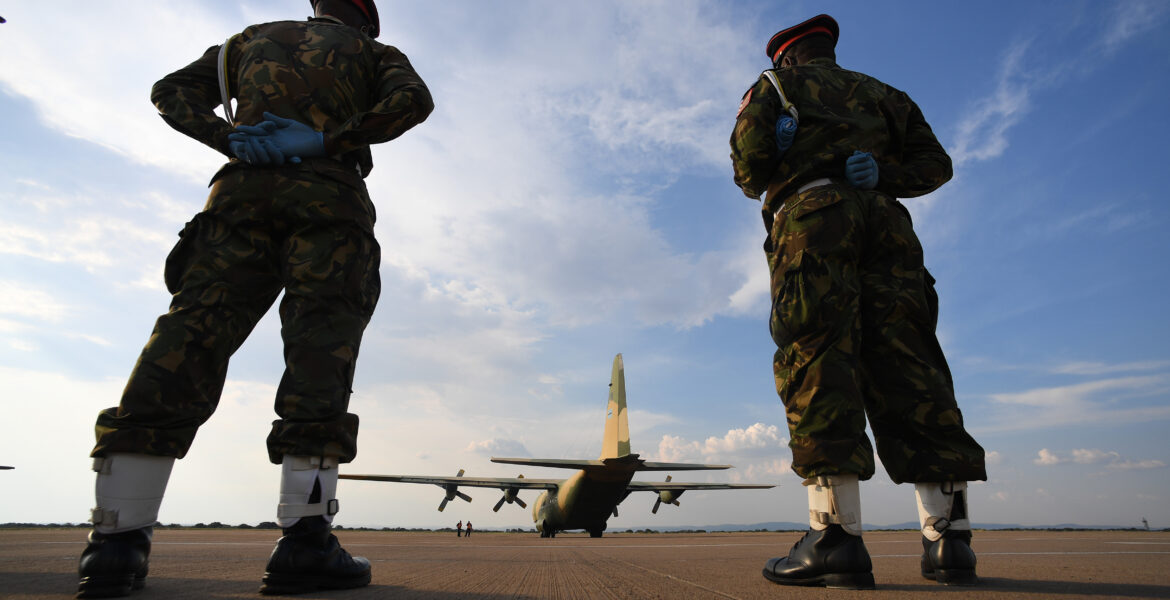- Says it is an operational necessity legally provided for
- Lawmaker Kapinga had complained it traumatises people
GAZETTE REPORTER
Deployment of the military to assist the police is an operational necessity provided for by the laws of Botswana and the Botswana Defence Force Act in particular, the Minister of Defence, Justice and Security, Kagiso Mmusi, told Parliament recently.
“It should be appreciated that both the Botswana Defence Force and the Botswana Police Service exist to provide security to the lives and property of the people of Botswana,” Minister Mmusi said. “They are both therefore at the disposal of government to deploy as found necessary to address any threat to the safety of Batswana.”
He was answering a question from the MP for Okavango, Kenny Kapinga, who had asked why the government finds it normal for the military to be deployed in policing duties, even for patrol duties, when this “traumatises members of the public” because the soldiers are always armed.
Kapinga raised the question at a time when members of the public have also been complaining about unpleasant experiences with armed state security agents, especially those escorting private cash-in-transit vehicles.
In response, Mmusi said Section 32 A of the BDF Act states that in the interests of national security, the army shall cooperate and work with other security organs in the discharge of their mandate. Section 33.1 empowers the Commander of the BDF to authorise use of any member or unit of the army to give support to Botswana Police Service (BPS).
The Commander can do this upon request of the Commissioner of Police and with the consent of the President to facilitate discharge of police duties under Section 6 of the Botswana Police Act.
Minister Mmusi said another reason for drawing the military into policing is manifestation of crime in a manner that has blurred the lines between crime and threats to national security.
“The recent spate of cash in transit where criminals use weapons of war, the systematic poaching challenge, trans-national crimes together with the threat of terrorism are some of the manifestations which (have) compelled joint efforts between all security agencies,” he pointed out.
He described the “partnership” between the BDF and the BPS as “an operational necessity” not unique to Botswana and is not necessarily a measure to plug resource constraint on either party, although that may also often be the case.
“It is extended to complement civil authorities when the resources are stretched by abnormal circumstances such as spike in certain crimes, (especially) armed robberies,” the minister said. “Military aid to civil powers is a common practice in almost all countries, including the developed countries.”
In the course of the deliberations, Kapinga’s follow-up questions indicated acceptance of the minister’s answer. The legislator spoke of inadequate policing personnel resulting in desperation to engage the military.
Whereupon Minister Mmusi noted that tasks at hand are continuously reviewed to determine the nature of assistance needed. He added that deployment of armed soldiers is not a matter of choice in the circumstances.
Meanwhile, police spokesman Dipheko Motube says growing crime in Botswana includes illegal firearms coming into the country. “We are quite worried about the influx of illegal firearms into the country,” Motube said. “Our suspicion is that they (criminals) source them from other countries.
“We are particularly concerned about arms of war because we have realised that there is trans-national crime as criminals cooperate to carry out their activities.”

